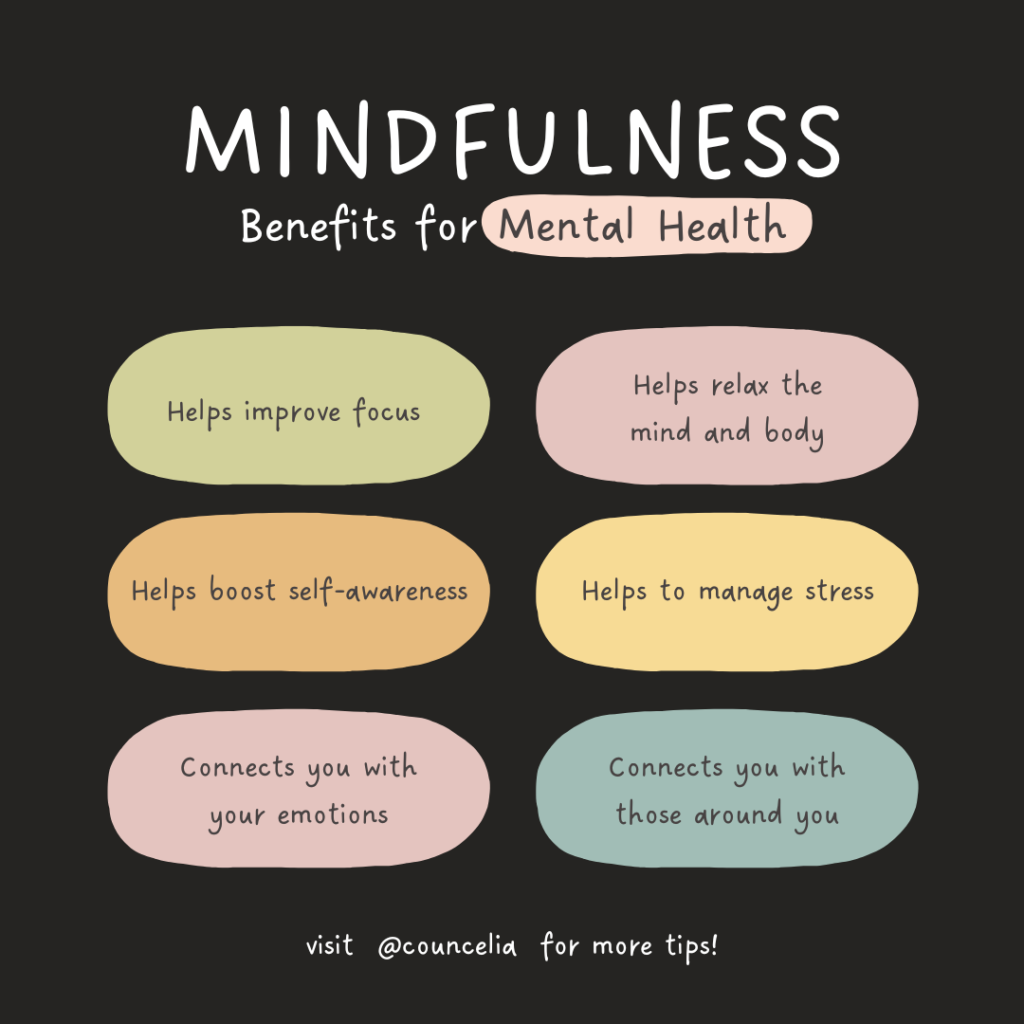Introduction
In the fast-paced and competitive landscape of India, young professionals and students often find themselves grappling with immense pressure. From academic performance and career growth to societal expectations and financial burdens, these challenges can be overwhelming. Unfortunately, mental health remains a taboo topic in many parts of India, leading individuals to suffer in silence. Psychotherapy plays a crucial role in providing emotional support, building resilience, and fostering overall well-being.
Understanding Psychotherapy
Psychotherapy, commonly known as talk therapy, involves working with a trained mental health professional to address psychological challenges. It is a structured process that helps individuals explore their thoughts, feelings, and behaviors to develop healthier coping mechanisms. Various forms of psychotherapy, such as cognitive-behavioral therapy (CBT), psychodynamic therapy, and mindfulness-based therapy, are widely used to treat stress, anxiety, depression, and other mental health concerns.
Prevalence of Mental Health Issues Among Young Indians
Recent studies highlight the pressing need for mental health support among young Indians:
-
Medical Students: A National Medical Commission (NMC) survey revealed that 28% of undergraduate (UG) and 15.3% of postgraduate (PG) medical students have been diagnosed with mental health conditions. Alarmingly, thoughts of self-harm or suicide in the last 12 months were reported by 16.2% of MBBS students and 31% of MD/MS students. Source
-
General Student Population: A survey conducted by Mpower across 30 colleges found that over 67% of students reported feelings of hopelessness due to overwhelming academic pressures. Source
Why Young Indian Professionals and Students Need Psychotherapy
-
Academic and Career Pressure
Indian students face immense pressure to excel academically, as their future largely depends on entrance exams and job placements. Similarly, working professionals encounter high expectations from employers and peers. This constant demand to perform can lead to burnout, anxiety, and depression. Psychotherapy helps individuals develop stress management techniques, improve focus, and build confidence to navigate these challenges effectively.
-
Mental Health Awareness is Growing but Still Limited
While discussions around mental health are increasing in India, stigma and misconceptions persist. Many young professionals and students hesitate to seek help due to fear of judgment. Therapy provides a safe and non-judgmental space for them to express their concerns and receive professional guidance.
-
Work-Life Balance Struggles
With long working hours, academic commitments, and social obligations, maintaining a healthy work-life balance becomes difficult. Many young Indians experience guilt when taking breaks, leading to chronic stress and exhaustion. Therapy can assist in setting boundaries, prioritizing self-care, and adopting healthier lifestyle choices.
-
Social and Relationship Challenges
Interpersonal conflicts, relationship issues, and social anxiety are common struggles among young adults. Family expectations, peer pressure, and cultural norms often make it challenging to make independent decisions. Psychotherapy helps individuals develop emotional intelligence, effective communication skills, and strategies to maintain healthy relationships.
-
Coping with Rejection and Failure
Failure in exams, job interviews, or personal life can severely impact mental health. In a society that glorifies success, dealing with setbacks can be disheartening. Therapy aids in reframing negative thoughts, building resilience, and learning from failures rather than being defined by them.
-
Financial Stress
Managing finances is a significant concern for students and young professionals, especially those who have taken student loans or are supporting their families. Constant financial stress can lead to anxiety and depressive symptoms. Therapy offers coping mechanisms and helps individuals develop financial mindfulness, reducing stress and promoting better decision-making.
-
Substance Abuse and Addiction Prevention
With increasing academic and workplace stress, some individuals turn to alcohol, drugs, or excessive social media use as an escape. Psychotherapy addresses underlying emotional triggers, helping individuals adopt healthier coping mechanisms and prevent substance abuse.
-
Building Self-Confidence and Personal Growth
Self-doubt and imposter syndrome are prevalent among young professionals and students. Many struggle with comparing themselves to others, feeling inadequate, or fearing failure. Therapy works on self-esteem issues, encouraging self-acceptance and confidence-building exercises.

Benefits for Mental Health Counseling
- Helps improve focus
- Helps relax the mind and body
- Helps boost self-awareness
- Helps to manage stress
- Connects you with your emotions
- Connects you with those around you
Benefits of Psychotherapy
-
Improved Emotional Regulation – Therapy teaches individuals how to manage emotions effectively, reducing emotional outbursts and stress.
-
Enhanced Productivity and Focus – By addressing mental health concerns, individuals can improve concentration and work efficiency.
-
Better Decision-Making – Understanding one’s thought patterns helps in making informed and rational decisions.
-
Stronger Coping Mechanisms – Therapy provides healthy alternatives to deal with stress, anxiety, and difficult emotions.
-
Long-Term Mental Well-Being – Investing in mental health leads to long-term personal and professional success.
Overcoming Barriers to Psychotherapy in India
Despite its benefits, psychotherapy is often underutilized due to stigma, lack of awareness, and financial constraints. To make therapy more accessible:
-
Promote Mental Health Education: Integrate mental health awareness programs in schools, colleges, and workplaces.
-
Offer Affordable and Online Therapy Options: Digital platforms providing affordable therapy sessions can bridge the accessibility gap.
-
Encourage Open Conversations: Influencers, leaders, and professionals should advocate for mental health awareness and break stereotypes.
-
Incorporate Therapy in Employee Wellness Programs: Companies should include mental health support as part of employee benefits.
Conclusion
The mental health challenges faced by young Indian professionals and students are real and need urgent attention. Psychotherapy offers a structured way to address these concerns, equipping individuals with the skills to lead happier and more fulfilling lives. By embracing therapy as a tool for self-improvement and well-being, young Indians can overcome challenges, thrive in their careers, and build a healthier society. It’s time to prioritize mental health and make therapy a normal part of life.
Your mental health matters. Take the first step with Councelia today!

Pingback: The Importance of Counseling in Today’s Fast-Paced World